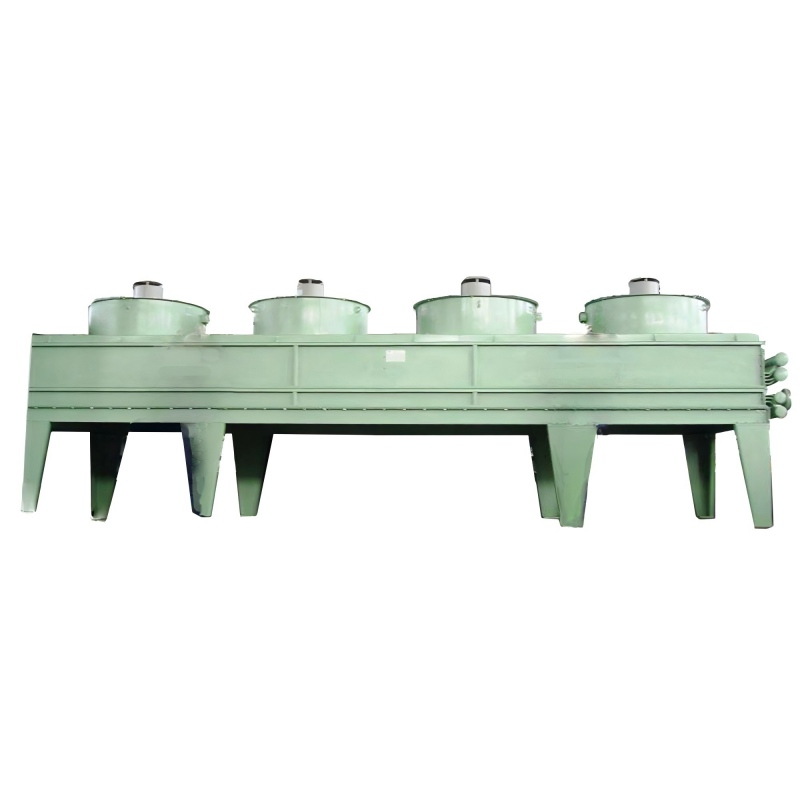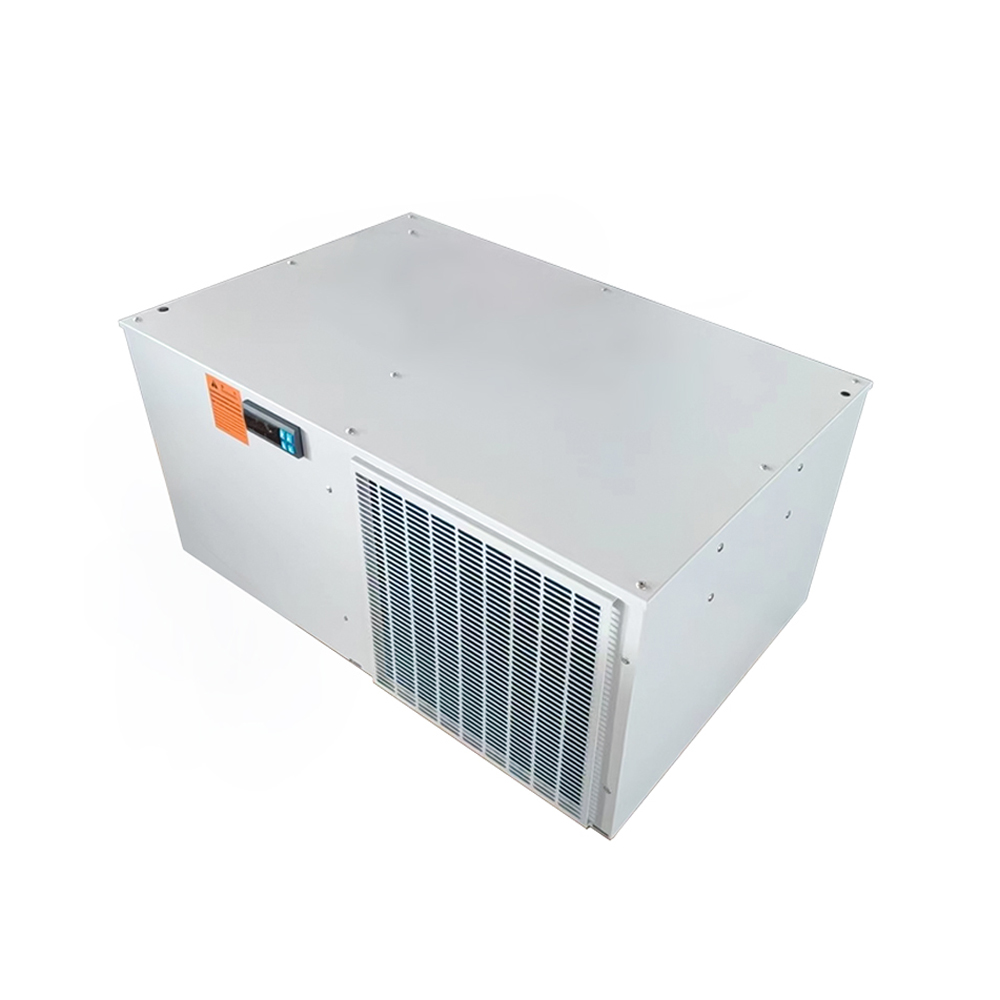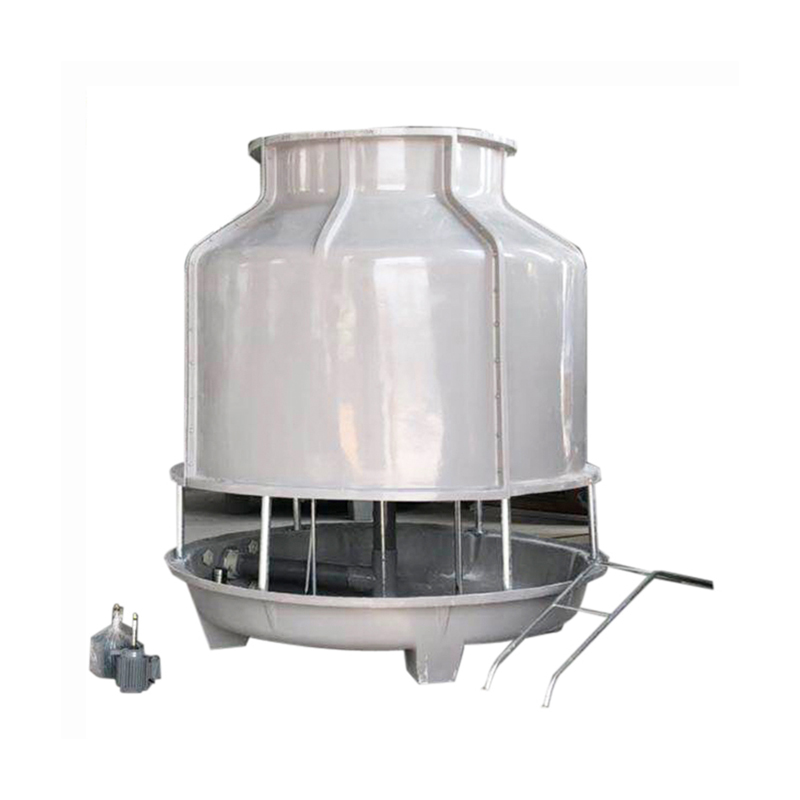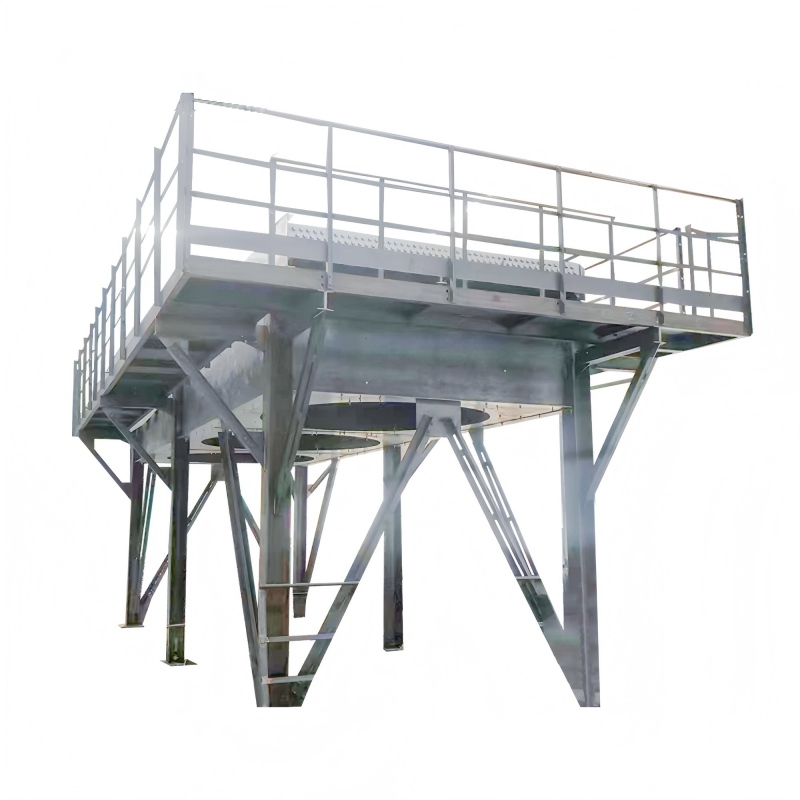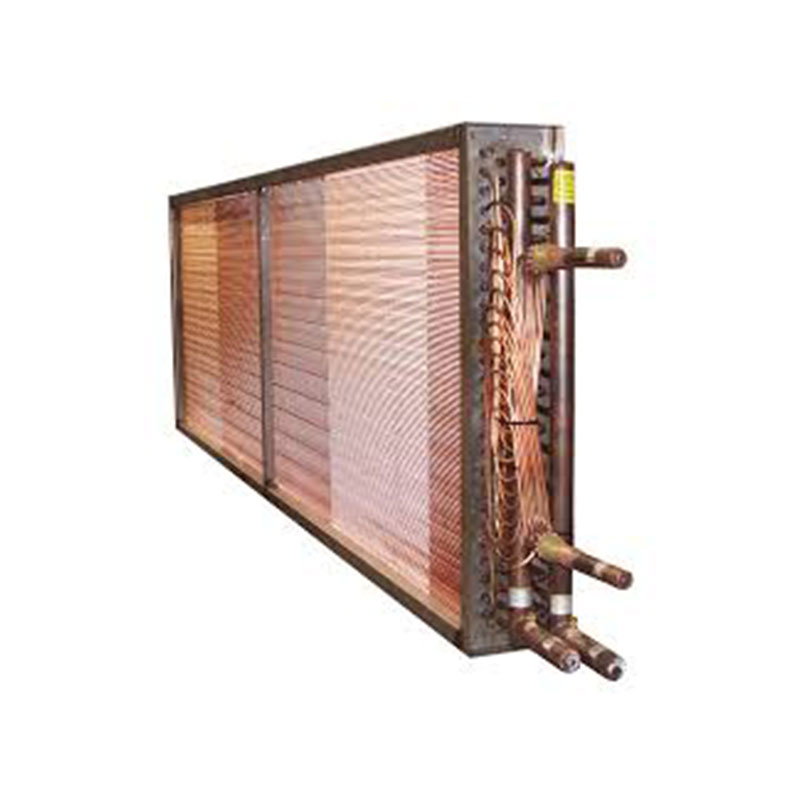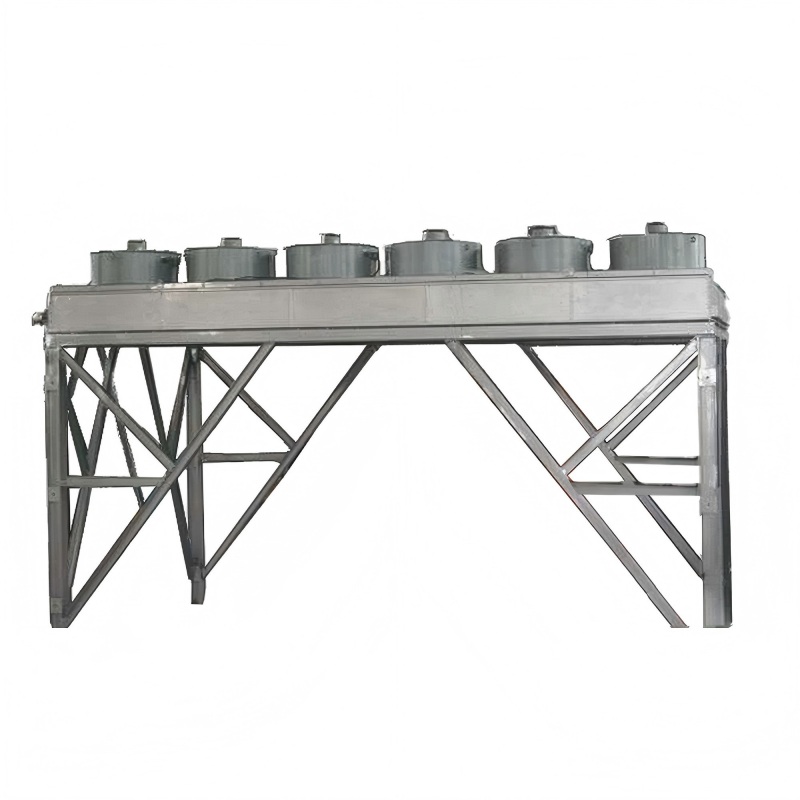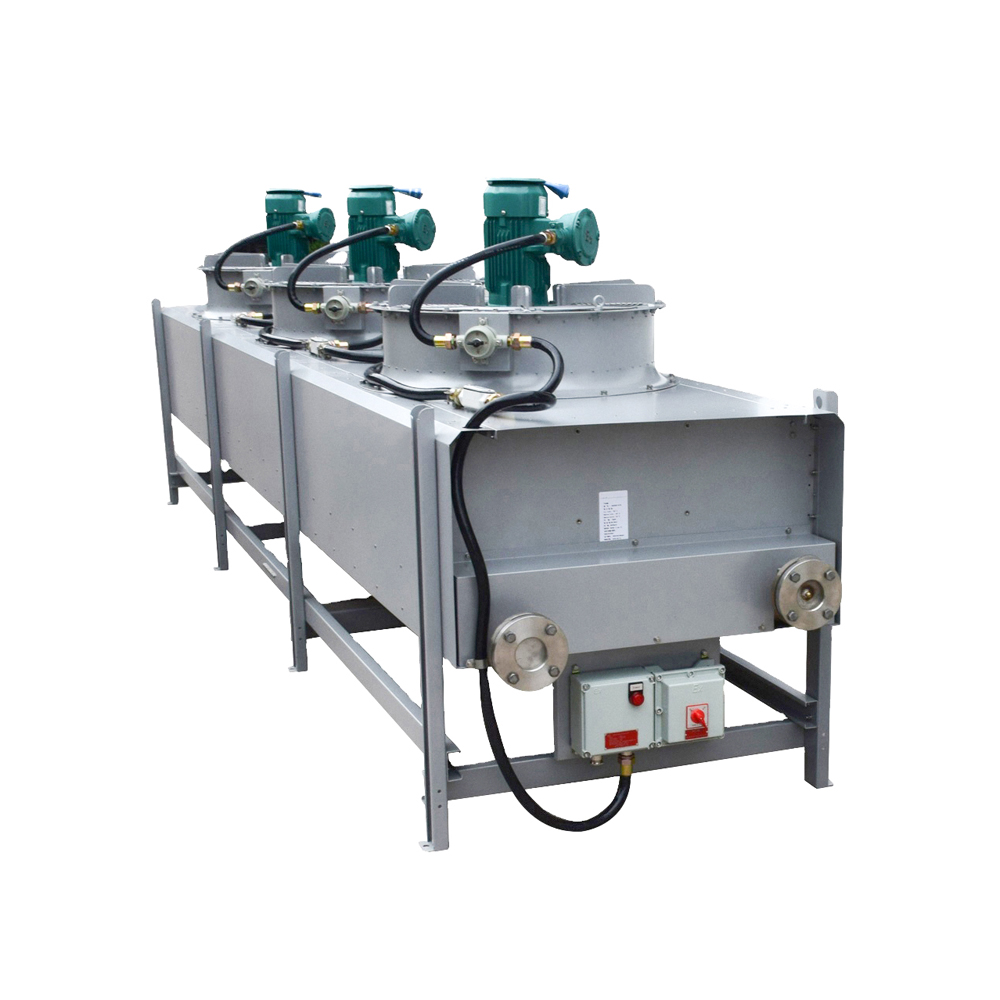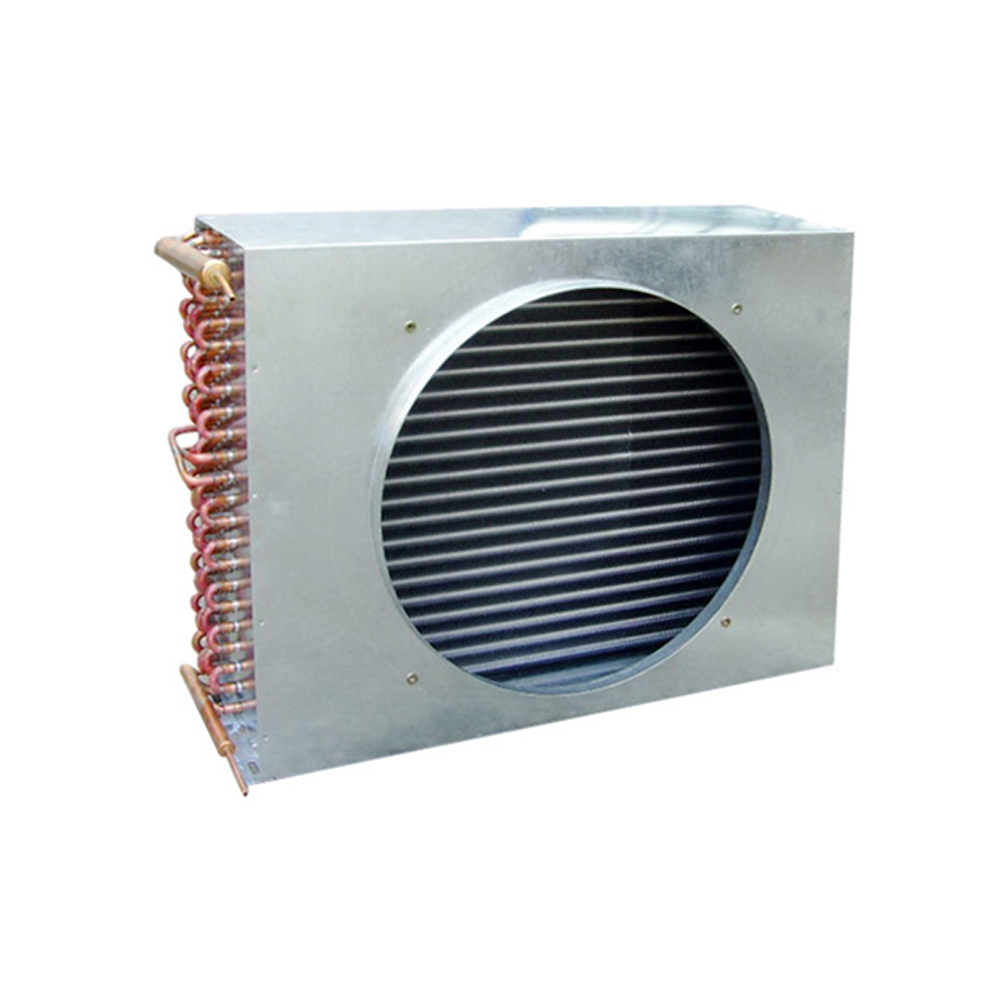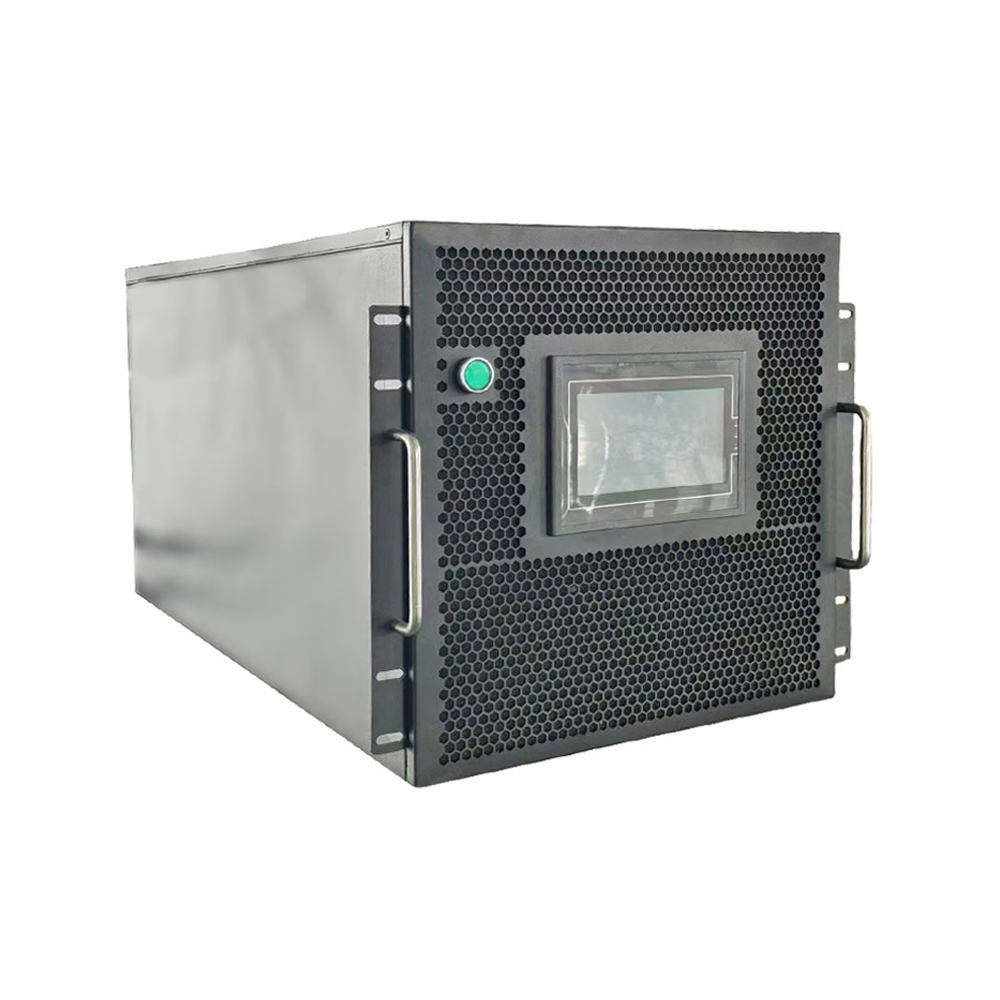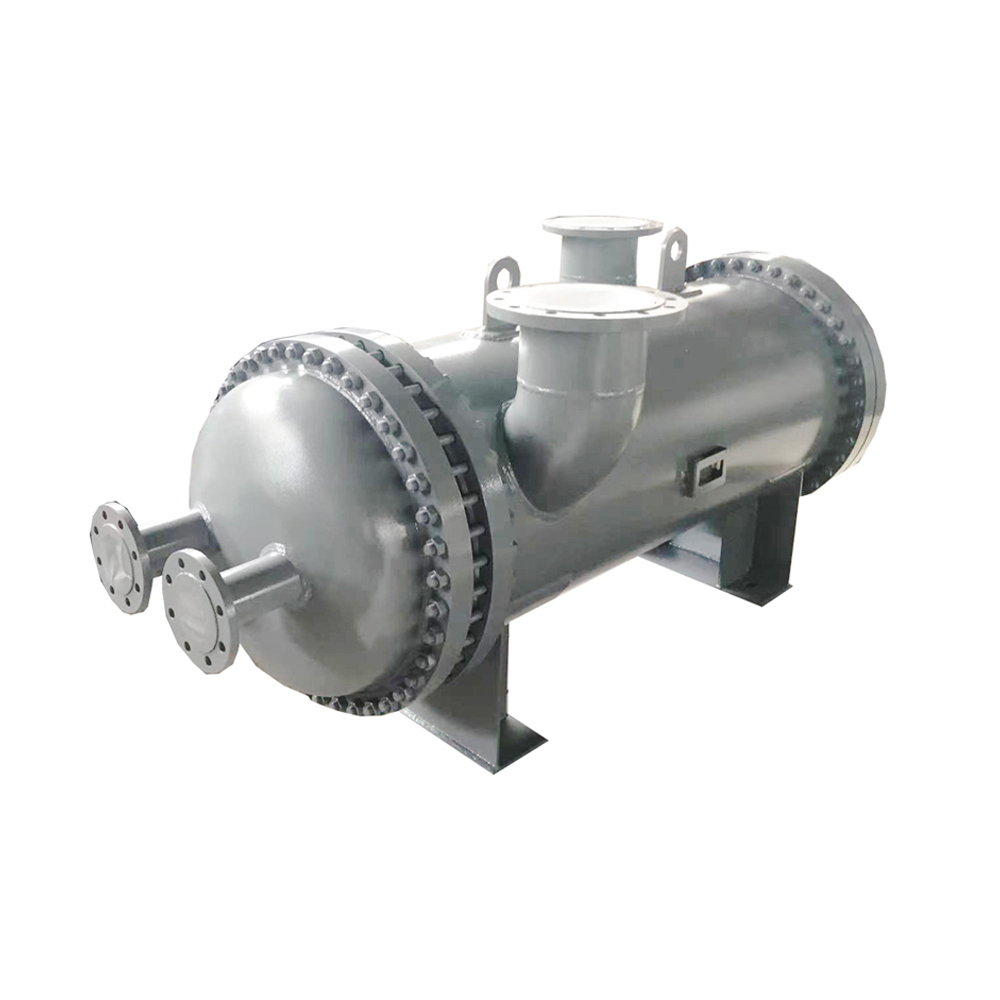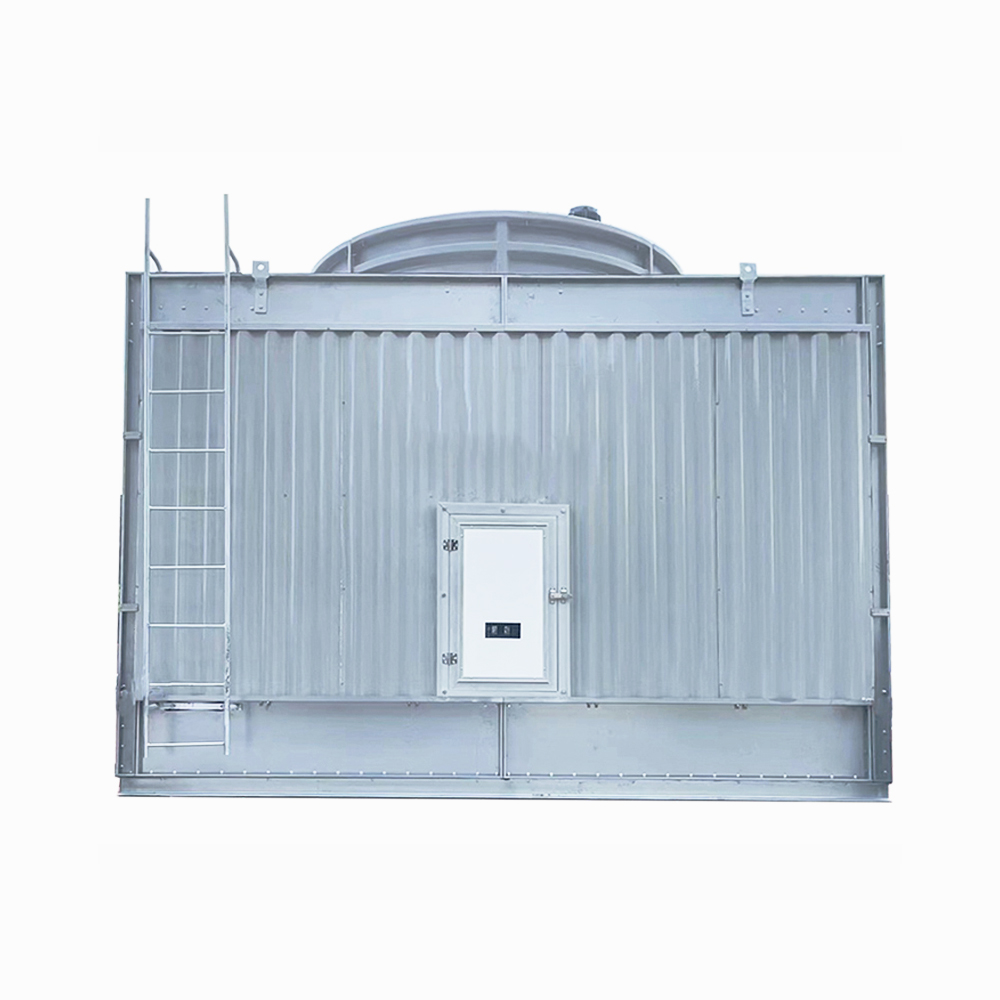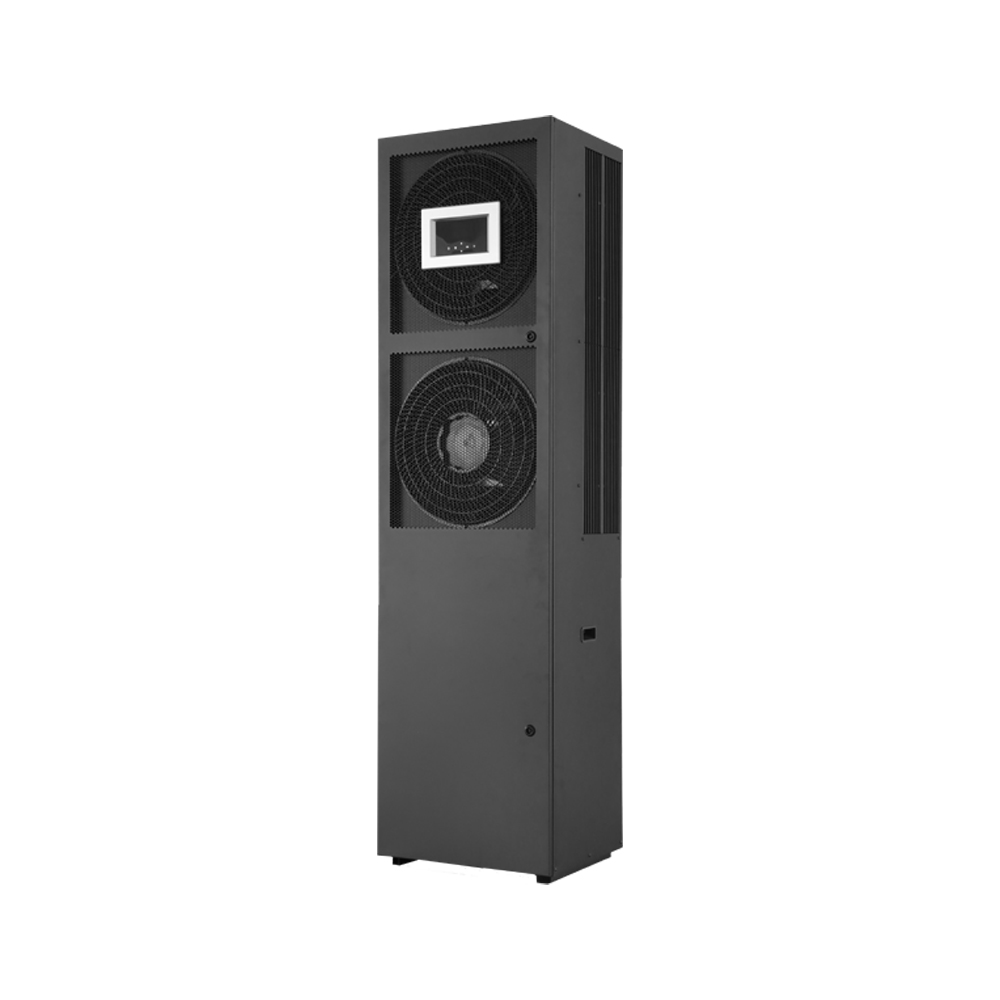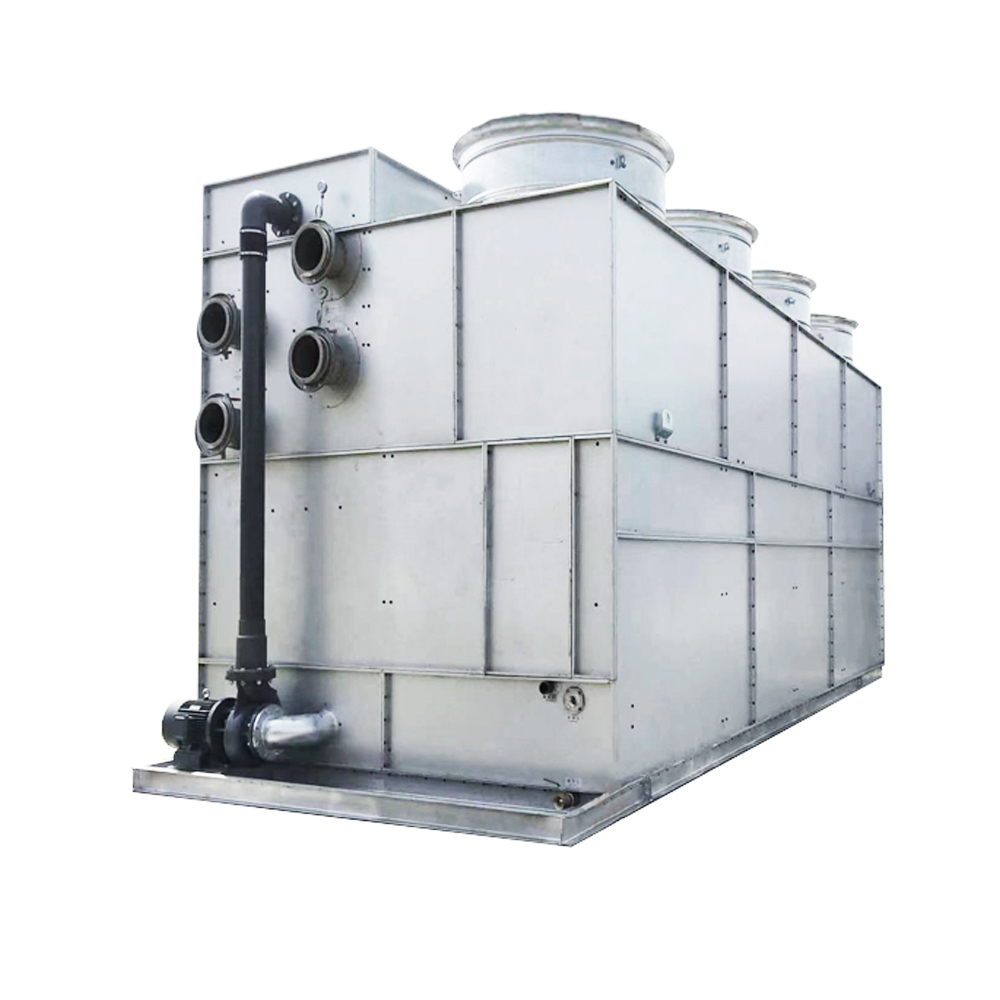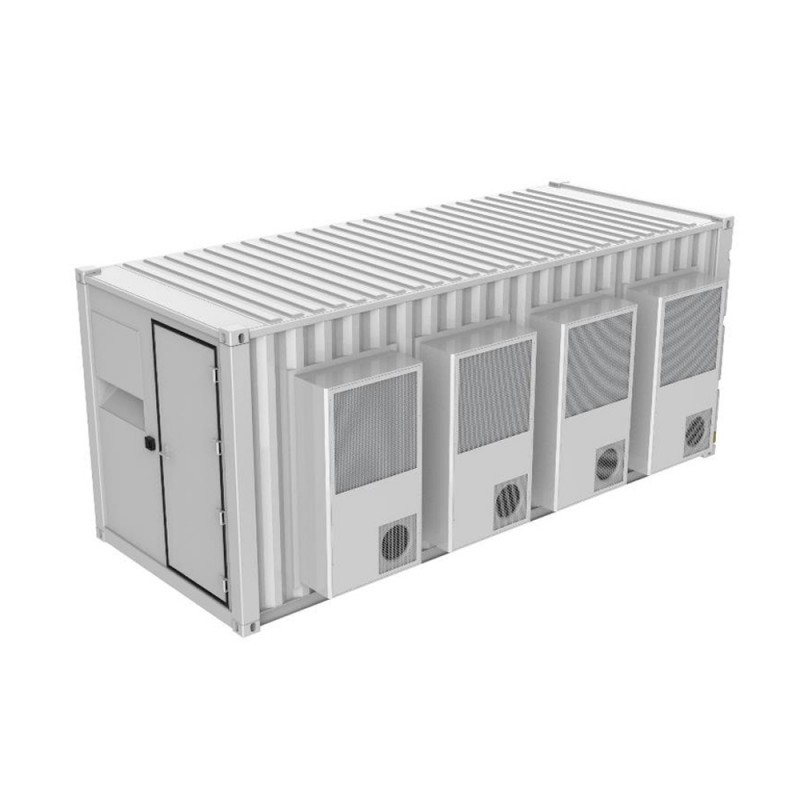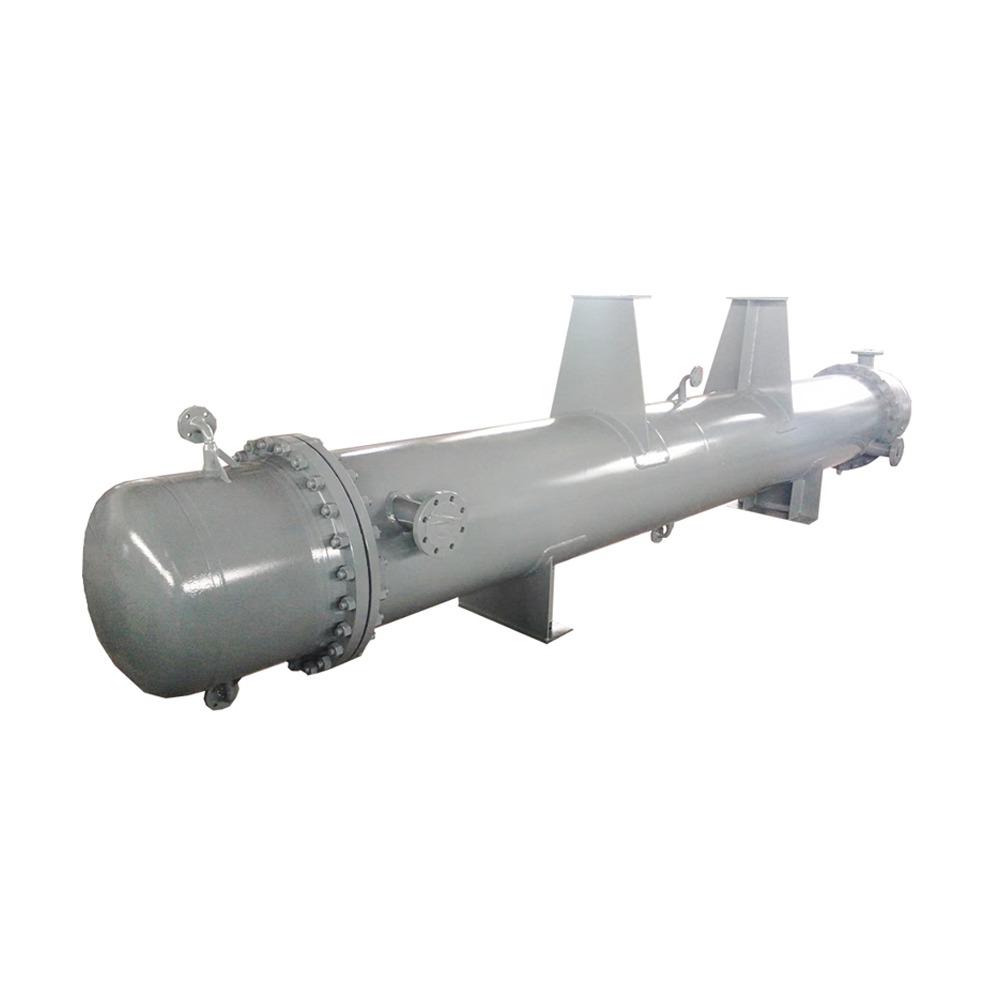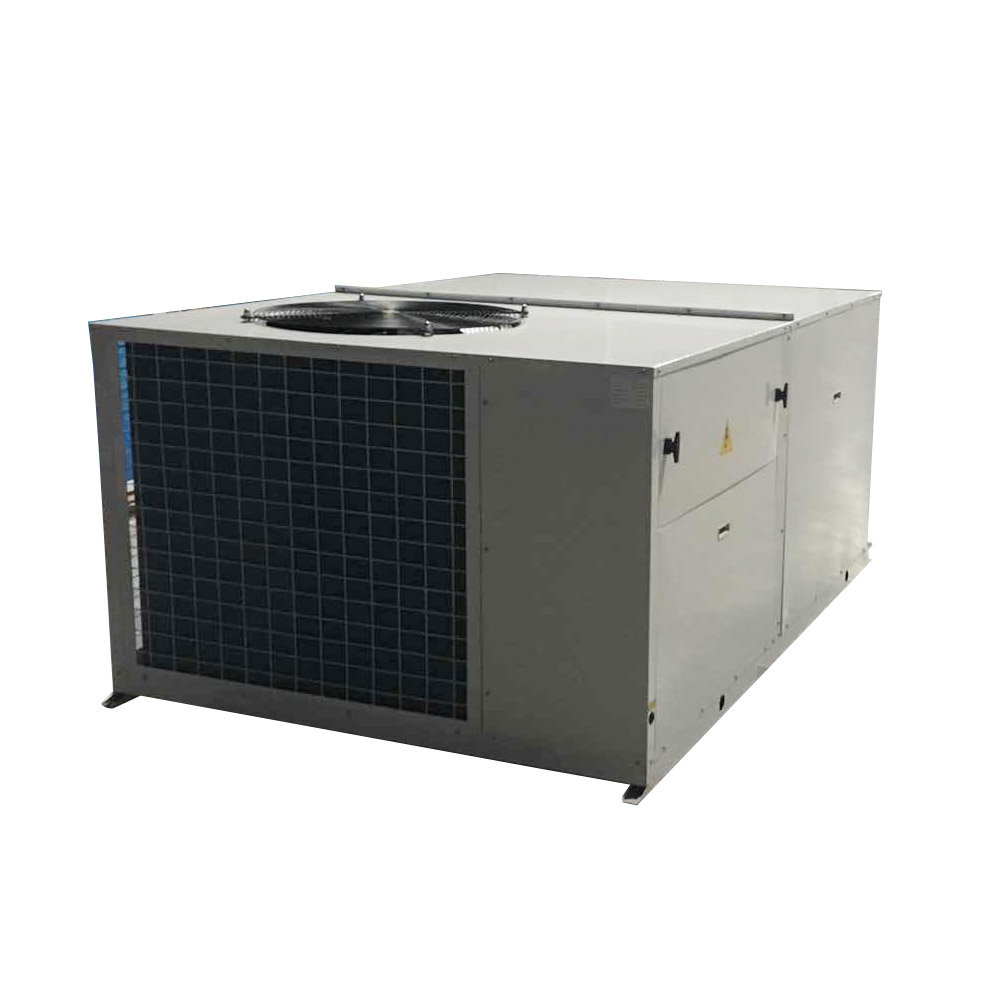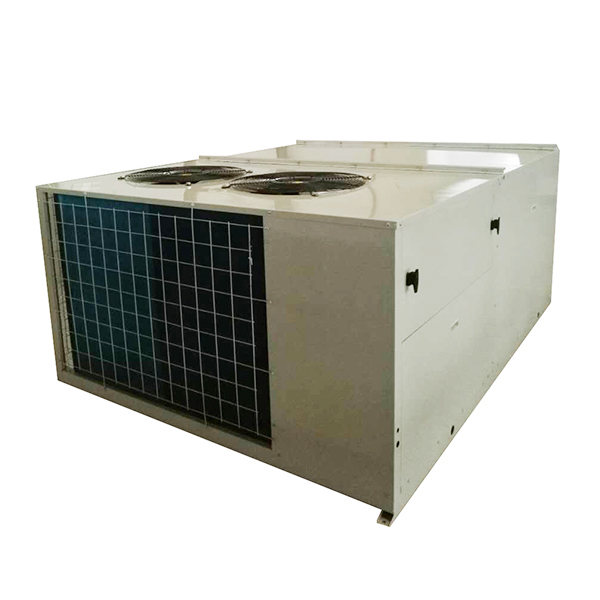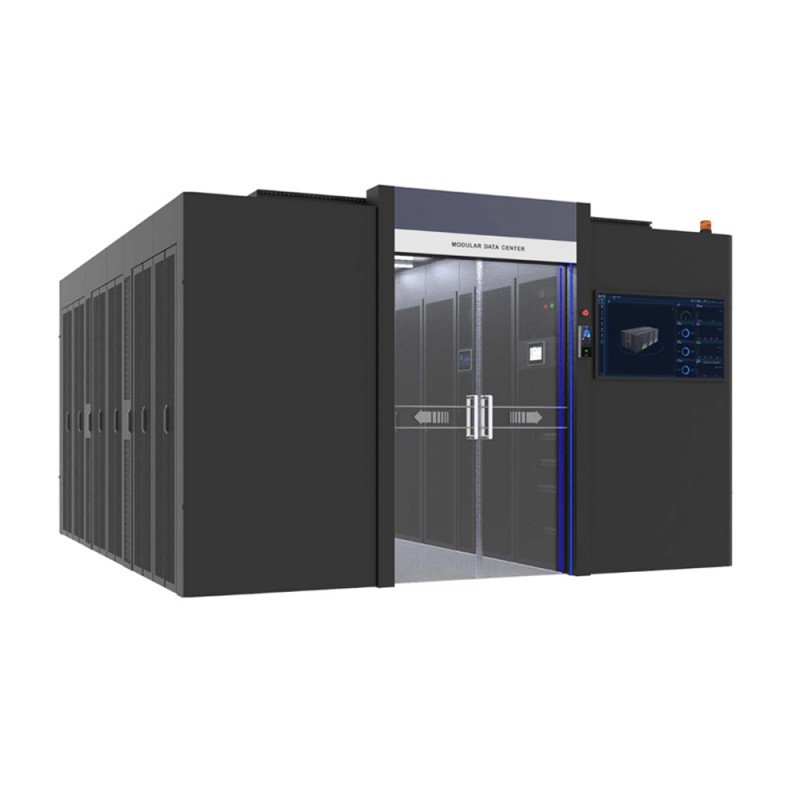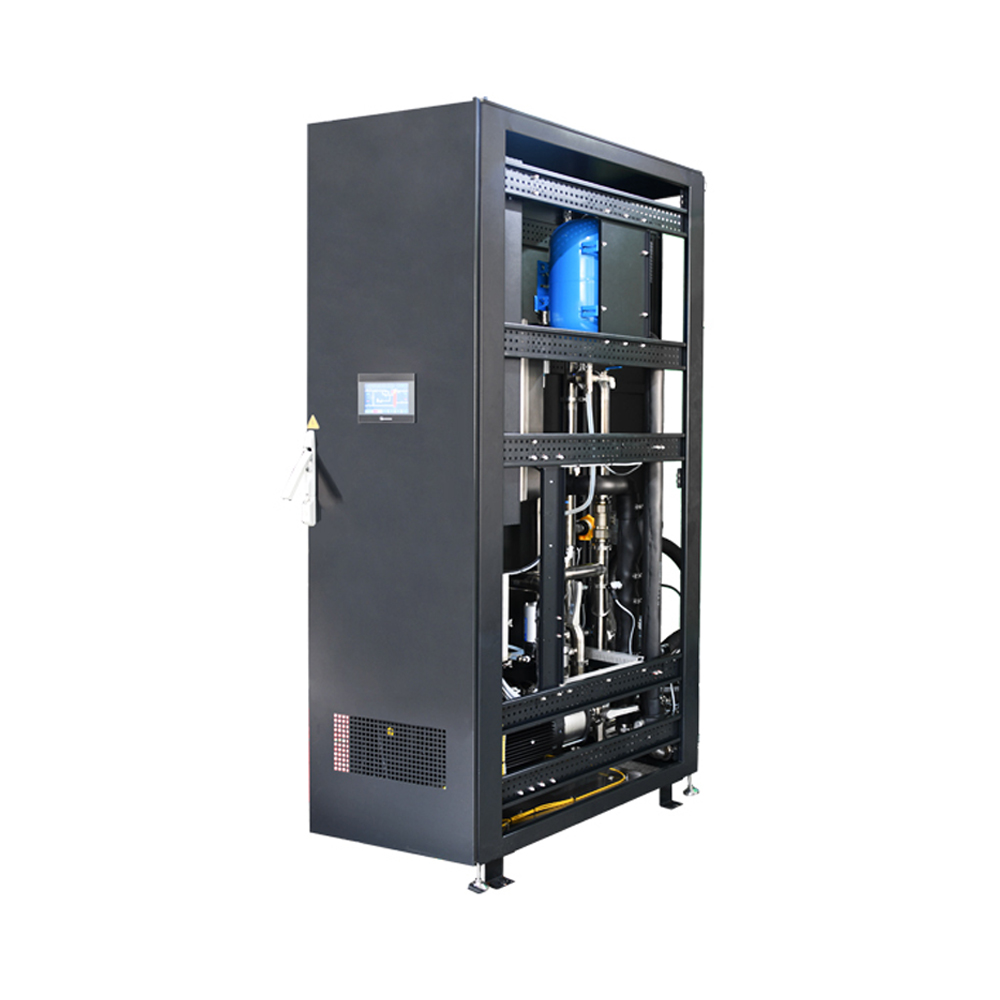Choosing the right packaged HVAC system manufacturer is crucial for ensuring optimal comfort, energy efficiency, and longevity of your heating and cooling system. This comprehensive guide helps you navigate the selection process by examining key factors to consider, highlighting leading manufacturers, and providing valuable insights to make an informed decision. We'll explore various system types, key features, and crucial considerations to assist you in finding the perfect packaged HVAC system for your needs.
Understanding Packaged HVAC Systems
What are Packaged HVAC Systems?
Packaged HVAC systems are pre-assembled units containing all the necessary components for heating and cooling in a single, compact cabinet. This all-in-one design simplifies installation and maintenance compared to split systems. They are commonly used in commercial and industrial settings, as well as larger residential buildings. Key components typically include a condenser, evaporator coil, compressor, and blower, all housed within one unit.
Types of Packaged HVAC Systems
Several types of packaged HVAC systems cater to diverse needs and applications. These include:
- Rooftop units: Ideal for commercial buildings, these units are placed on the roof for efficient space utilization.
- Split systems: While technically a split system, some manufacturers offer pre-packaged versions combining outdoor and indoor units for streamlined installation.
- Heat pumps: Offering both heating and cooling functionalities through a single unit, heat pumps are energy-efficient options for various climates.
Top Packaged HVAC System Manufacturers
Selecting a reputable manufacturer is vital. Here are some of the leading names in the industry, known for their quality, reliability, and innovation:
| Manufacturer | Strengths | Considerations |
| Carrier | Wide range of models, strong reputation, extensive service network | Can be more expensive than some competitors |
| Trane | High efficiency models, durable construction, excellent warranties | Premium pricing |
| York | Reliable performance, various capacity options, good value for money | May not offer the widest range of features |
| Rheem | Energy-efficient options, competitive pricing, readily available | Warranty terms should be carefully reviewed |
| Daikin | Known for advanced technology and high efficiency, quiet operation | Generally higher price point |
| Shanghai SHENGLIN M&E Technology Co.,Ltd | Focus on customized solutions, strong engineering expertise, competitive pricing. | May have a smaller market presence compared to global giants. |
Factors to Consider When Choosing a Manufacturer
Energy Efficiency
Look for units with high SEER (Seasonal Energy Efficiency Ratio) and HSPF (Heating Seasonal Performance Factor) ratings to minimize energy consumption and lower utility bills. Consult the Department of Energy's website for more information on energy efficiency standards.
Capacity and Size
The capacity (in tons) of the unit must match the heating and cooling needs of your space. Improper sizing can lead to inefficient operation and discomfort. Consult with an HVAC professional to determine the appropriate size for your building.
Features and Technology
Consider features like variable-speed compressors for enhanced comfort and energy savings, smart home integration capabilities, and advanced filtration systems for improved air quality. Explore different models and compare features to find the optimal balance.
Warranty and Support
A comprehensive warranty indicates the manufacturer's confidence in their product's durability. Check the warranty terms, including parts, labor, and coverage duration. Look for manufacturers with established service networks for prompt repairs and maintenance.
Installation and Maintenance
While packaged HVAC systems are often easier to install than split systems, proper installation is crucial for optimal performance. Select a manufacturer with a network of qualified installers in your area.
By carefully considering these factors and researching different packaged HVAC system manufacturers, you can make an informed choice that best suits your requirements and budget. Remember to consult with an HVAC professional for personalized recommendations.









